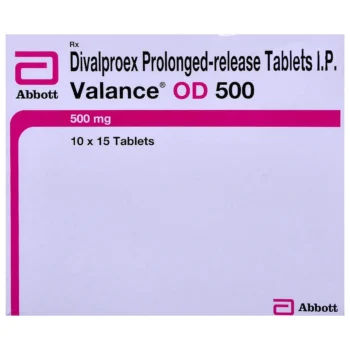Unlocking Potential: Unveiling Ivermectin’s Impact on Cancer Treatment | Hendersonville, United States
In Hendersonville, let us uncover the potent potential of ivermectin in cancer treatment. Here, discover the remarkable impact of this revolutionary medicine in combating cancer cells. Learn about the promising studies and groundbreaking research shedding light on the efficacy of ivermectin as a viable treatment option for various types of cancer. Delve into the realm of innovative therapies and emerging trends shaking up the landscape of cancer treatment. Embrace the hope and possibilities that ivermectin offers in the fight against cancer.
Product Overview
Ivermectin is a potent antiparasitic medication used to treat a variety of infections caused by parasites. With proven effectiveness against conditions such as scabies and river blindness, Ivermectin is a trusted and essential tool in global health initiatives. Consult your healthcare provider for proper usage and dosage.
Human Medical Applications
Ivermectin is a medication commonly used to treat parasitic infections in humans. It is often prescribed to combat ailments such as scabies and certain types of roundworm infections. When administered as directed by a healthcare professional, Ivermectin works by paralyzing and killing the parasites, ultimately helping to alleviate symptoms and promote healing. It is crucial to follow dosage instructions carefully and inform your doctor of any existing health conditions or medications you are taking to ensure its safe and effective use. Always consult with a healthcare provider before beginning any new treatment regimen involving Ivermectin.
Safety and Side Effects
Ivermectin is generally safe when used as prescribed by a doctor to treat conditions such as parasitic infections. However, some common side effects may include nausea, vomiting, diarrhea, dizziness, or skin rash. In rare cases, more serious side effects like severe allergic reactions or neurological symptoms may occur. It is important to follow your doctor's instructions carefully and report any unusual symptoms immediately. Avoid using Ivermectin without medical supervision, especially at high doses, as it can be harmful.
Conclusion
It is well known that ivermectin has shown promising potential in the field of cancer research. Studies have demonstrated its ability to induce apoptosis in cancer cells through various mechanisms, making it a best-fit candidate for further exploration in cancer therapy. The anti-cancer properties of ivermectin stem from its ability to inhibit key signaling pathways involved in cancer progression, as well as its ability to modulate the tumor microenvironment. Clinical trials are underway to evaluate the efficacy of ivermectin in various cancer types, with initial results showing encouraging outcomes. Overall, the research on ivermectin's role in cancer treatment continues to evolve, offering new hope for patients and healthcare providers alike.


